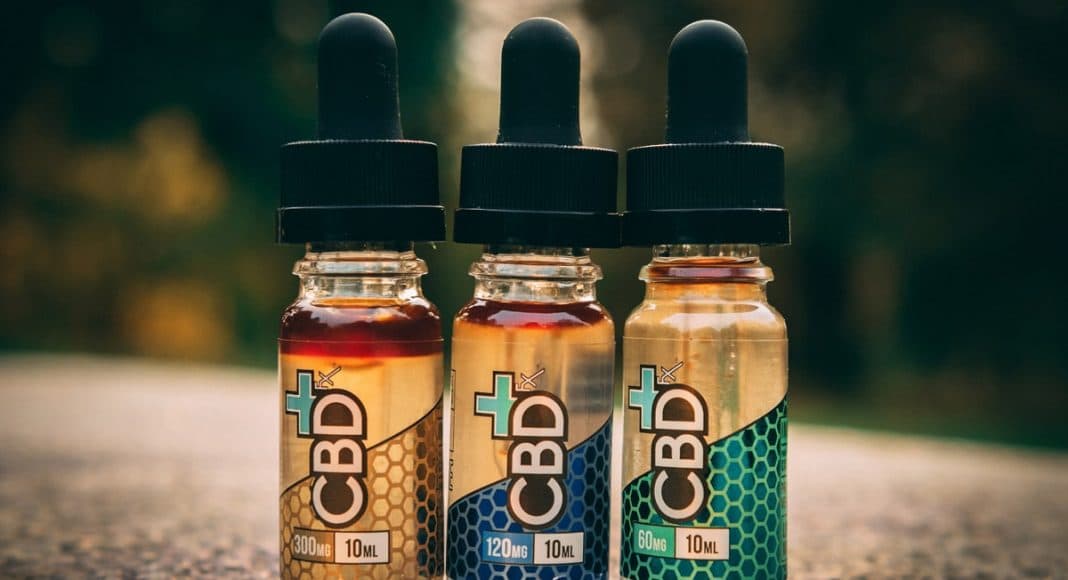The world’s premier health agency this week declared that one of the main compounds found in marijuana presents no health risks. The World Health Organization also announced that cannabidiol (CBD) holds promise as a potential treatment for various ailments, including psychosis.
The U.N. health agency’s report is in direct conflict with the U.S. Drug Enforcement Administration, which claims CBD, a non-psychoactive ingredient is a Schedule I drug. The federal government’s scheduling means that CBD has no accepted medical use and has a high potential for abuse.
“In humans, CBD exhibits no effects indicative of any abuse or dependence potential,” according to the report. “CBD is generally well tolerated with a good safety profile.”
-
Related Story: 8 Things Everyone Gets Wrong About Marijuana’s CBD
The WHO report also revealed that CBD has “been demonstrated as an effective treatment for epilepsy,” and that there exists “preliminary evidence that CBD may be a useful treatment for a number of other medical conditions,” including Alzheimer’s disease, cancer, Parkinson’s disease, and psychosis.
According to the report, “current information does not justify scheduling of cannabidiol,” and it found that using medical marijuana will not lead to addiction to THC, marijuana’s psychoactive ingredient that induces intoxication.
-
Related Story: The Only CBD User’s Manual You Need
Despite clear evidence of the medical value of CBD, the DEA last year doubled-down on its position that CBD should remain under the Schedule I classification. The DEA made the point clear by creating a new drug code for marijuana extracts, including pure CBD.
The World Health Organization is in the process of considering whether to place CBD within the agency’s international drug scheduling code. The WHO committee will take a more extensive investigation into the efficacy of CBD next spring.
You can read the full report here.
Lead Photo by: Vaping360.com


